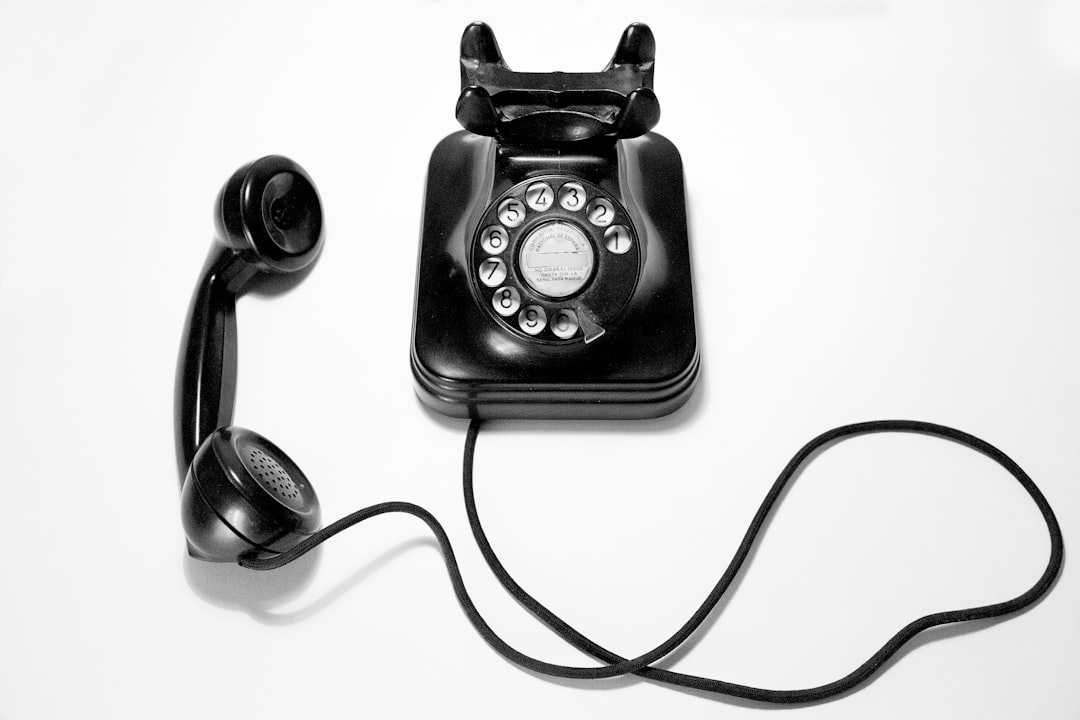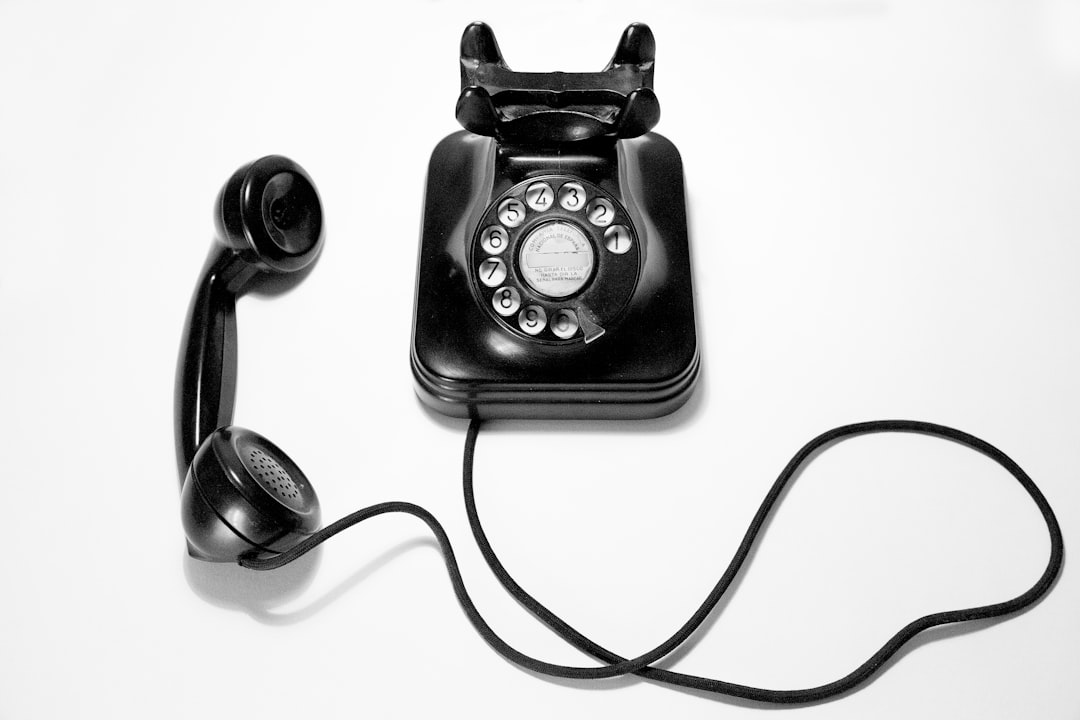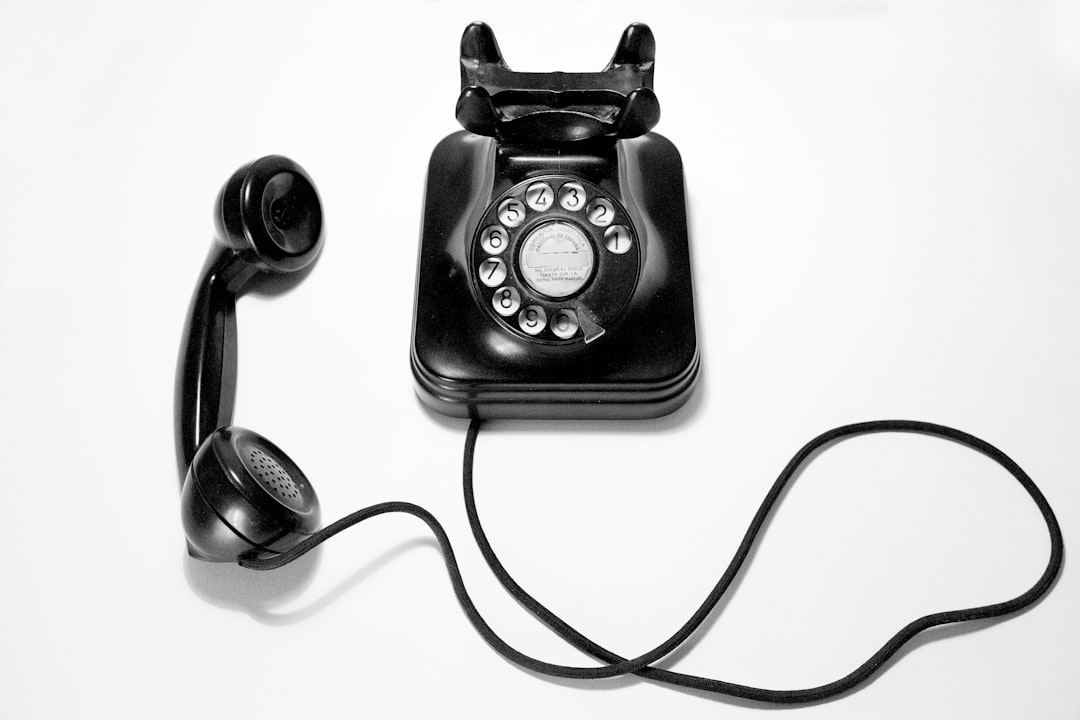Utah's strict Do Not Call laws protect residents from intrusive telemarketing, with penalties for non-compliance. Businesses should consult a specialized lawyer to avoid fraud and ensure adherence. By registering with the state and documenting fraudulent calls, consumers can shield themselves from potential scams and seek legal advice on protecting their rights.
In today’s digital era, telemarketing calls have become a ubiquitous part of daily life. However, they can also be a breeding ground for fraud. To protect yourself, understanding Utah’s stringent Do Not Call laws and the state’s Telemarketing Guidelines is crucial. This guide delves into these regulations, highlighting key provisions and offering practical steps to file complaints against fraudulent calls. Moreover, it explores the vital role a lawyer for Do Not Call Laws Utah can play in safeguarding your rights.
Understanding Utah's Do Not Call Laws

In Utah, understanding and adhering to the state’s Do Not Call laws is crucial for businesses engaging in telemarketing activities. These regulations are designed to protect residents from unwanted phone calls and ensure that marketing practices are ethical and respectful. The Do Not Call list in Utah is comprehensive and includes not only residential telephone numbers but also business lines. If a company or telemarketer calls someone on the list, they may face penalties and legal action from the consumer.
A lawyer specializing in Utah’s Do Not Call Laws can be an invaluable asset for businesses aiming to avoid fraud and stay compliant. They can provide guidance on how to obtain proper consent, manage opt-out requests, and navigate the legal requirements to ensure telemarketing efforts remain within the boundaries of the law. This proactive approach not only protects consumers but also safeguards businesses from costly legal repercussions.
The Impact of Telemarketing on Consumers

Telemarketing, while offering businesses a vast reach and consumers a convenience in accessing goods and services, can also pose significant risks to individuals if not regulated properly. Consumers in Utah, like many other states, are protected by Do Not Call Laws that aim to curb excessive and unwanted sales calls. These laws empower residents to take control of their communication preferences, especially when it comes to commercial solicitations.
Violations of these regulations can have a detrimental impact on consumers, leading to feelings of frustration, annoyance, and even financial loss. A lawyer for Do Not Call Laws Utah can help protect individuals from fraudulent telemarketing practices, ensuring they are not targeted by unscrupulous callers. By understanding their rights and the legal framework surrounding telemarketing, consumers can navigate these interactions with confidence, knowing they are shielded from deceptive or aggressive sales tactics.
Key Provisions of Utah Telemarketing Guidelines

Utah’s Telemarketing Guidelines offer a robust framework to protect consumers from fraudulent practices, ensuring fair and ethical sales calls. Among the key provisions are strict do-not-call rules, where residents can opt-out of receiving telemarketing calls by registering their numbers with the Utah Department of Commerce. This measure is a powerful tool for consumers to assert their privacy rights.
Additionally, these guidelines mandate clear disclosure of the caller’s identity and purpose, including the name of the company, the nature of the business, and whether compensation is offered for the sale. Telemarketers must also obtain verbal consent before proceeding with the call, ensuring informed consumer choices. These provisions are designed to empower Utah residents, especially when dealing with unfamiliar numbers, by providing them with the knowledge to refuse unwanted calls and protect themselves from potential fraud.
How to File a Complaint Against Fraudulent Calls

If you’ve received a fraudulent call in Utah, taking action against it is crucial to prevent further incidents. Start by identifying the caller if possible and note down details like their phone number, the date and time of the call, and any specific products or services they mentioned. Then, contact your local law enforcement agency to file a report. Many states have dedicated units for investigating telemarketing fraud, and they can help gather evidence and track down perpetrators.
Additionally, Utah offers robust protections through its Do Not Call Laws, and filing a complaint with the state’s regulatory bodies is an important step. You can reach out to the Utah Attorney General’s Office, which oversees consumer protection matters. They provide resources and guidance on reporting fraudulent activities, including unauthorized phone calls. Engaging a lawyer specializing in Utah’s Do Not Call Laws can also be beneficial; they can assist you in navigating legal options and ensuring your rights are protected.
The Role of a Lawyer in Protecting Your Rights

When it comes to protecting your rights against telemarketing fraud, having a legal expert on your side is invaluable. A lawyer specializing in Do Not Call Laws Utah can serve as your shield against unfair and deceptive practices. They are equipped with a deep understanding of consumer protection laws and the specific regulations implemented by Utah for telemarketers.
These legal professionals can guide you through the process of registering your number on the Do Not Call list, ensuring your rights are respected. Moreover, if you’ve been a victim of fraud or excessive telemarketing calls, a lawyer can help you navigate legal options and seek justice. They will assist in understanding your rights and taking appropriate action against violators, providing peace of mind in an era where such issues are prevalent.






